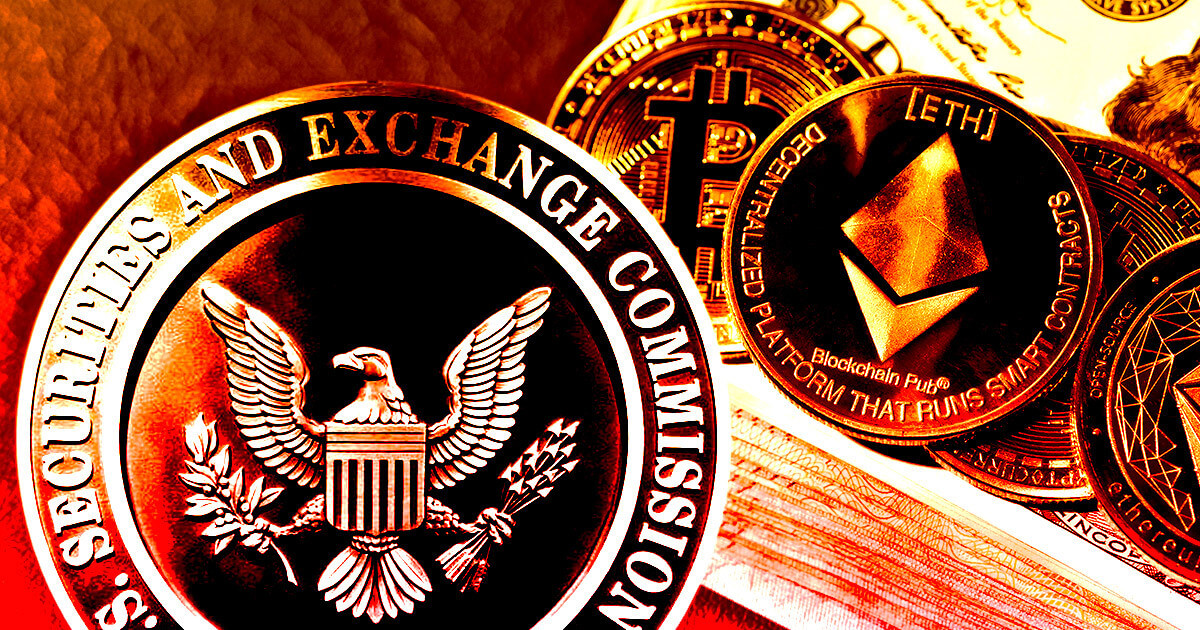The US Securities and Exchange Commission (SEC) on March 23 issued a notice highlighting several reasons investors should be wary of investing in crypto assets securities.
“Investments in crypto asset securities can be exceptionally volatile and speculative, and the platforms where investors buy, sell, borrow, or lend these securities may lack important protections for investors.”
The SEC said firms offering crypto investments services might violate several applicable laws, including the federal securities laws. The regulator added that the law requires anyone offering securities to register with the Commission to enable proper regulation and oversight of the industry.
The bulletin mentioned that crypto exchanges’ proof of reserves is not a standard audited financial statement. According to the regulator, investors should exercise extreme caution when relying on such statements to make decisions.
The SEC further warned that crypto assets could be exceptionally risky and often volatile. The commission said they are subject to significant risks ranging from enforcement of regulations that may prevent their use to the bankruptcy of the company holding the assets.
The regulator also noted that scammers use crypto assets’ popularity to defraud retail investors. It mentioned Ponzi, pyramid schemes, and rug pulls as some of the ways these bad actors perpetrate fraudulent acts.
The SEC wrote:
“It is never a good idea to make an investment decision just because someone famous says a product or service is a good investment.”
Meanwhile, the SEC gave some investment tips which can help ensure investing success.
The language and timing of the publication raise eyebrows as the regulator has increased its scrutiny of the industry. On March 22, the SEC filed charges against crypto entrepreneur Justin Sun and issued a wells notice to U.S.-based exchange Coinbase.
Besides that, the bulletin is coming a few days after the White House Council of Economic Advisers published a report that heavily criticized cryptocurrencies, saying that most don’t have a fundamental value.
“They continue to cause risks for financial markets, investors and investors and consumers,” the report added.
Credit: Source link































